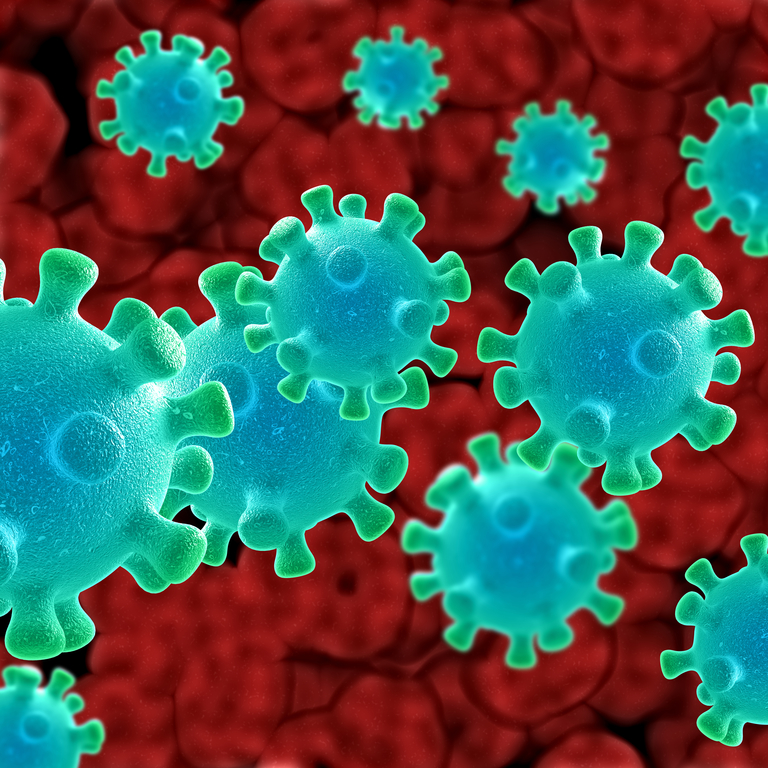
The University is now looking to fast-track the development of the technology and have applied to the FDA for the opportunity to treat patients who have serious cases of the coronavirus.
The aptamer was originally applied in a variety of ways, including treating patients with multiple types of cancer. With the world suffering from the current global pandemic, one of the founders of the Synthetic DNA, Paula Bates, decided to partner with researcher Kenneth Palmer to help COVID-19 patients with their technology.
"Like many scientists, as soon as I heard about the new coronavirus, I wanted to help and started to think about how my area of research might intersect with coronavirus research efforts," said Bates, a professor of medicine in a statement.
Kenneth Palmer is the director of UofL’s Center for Predictive Medicine for Biodefense and Emerging Infectious Diseases (CPM), he was able to conduct experiments showing the effectiveness of the aptamer against the virus in doses that previous research has proven to be safe in patients.
These developments are certainly promising for the worlds fight against this virus. Currently, UofL is providing financial support for COVID-19 research, but additional funds are needed to continue the work over time. If you’d like to donate specifically to this research, you can do so here.
